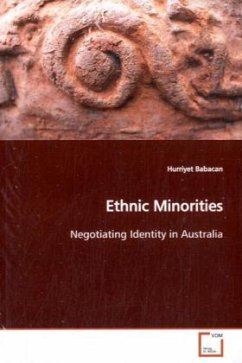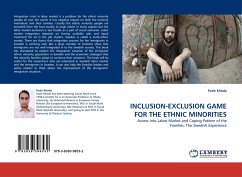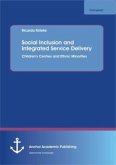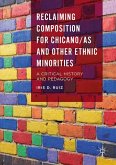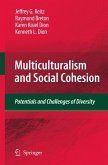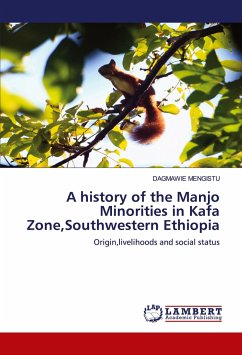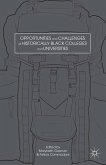Identity,particularly ethnic identity,has become
much more salient in recent decades.Identity is
multilayered and dual pronged: how you identify
yourself and how others identify you.Identities
are negotiated in complex ways as the struggle for
recognition is about contested domains of how others
identify you or your group.In societies such as
Australia there are over 200 ethnic communities
resulting from permanent migration policies since
the 1940s.Australia also has had over 30 years of
policies of multiculturalism which is an official of
acceptance of cultural diversity. Despite this
there is debate about how accepting
Australia is of diverse ethnic identities and the
dominant Anglo-Saxon identity as the norm.This
book explores how ethnic minorities negotiate
recognition of their identity in the context of a
multicultural Australia.The Kurdish community is
used as a case study to excavate the complexities of
identity negotiation processes, particularly as
Kurdish identity is not recognised in some of the
countries of origin of the Kurds.The identity
negotiations are considered in light of immigration,
settlement, nostalgia and hope.
much more salient in recent decades.Identity is
multilayered and dual pronged: how you identify
yourself and how others identify you.Identities
are negotiated in complex ways as the struggle for
recognition is about contested domains of how others
identify you or your group.In societies such as
Australia there are over 200 ethnic communities
resulting from permanent migration policies since
the 1940s.Australia also has had over 30 years of
policies of multiculturalism which is an official of
acceptance of cultural diversity. Despite this
there is debate about how accepting
Australia is of diverse ethnic identities and the
dominant Anglo-Saxon identity as the norm.This
book explores how ethnic minorities negotiate
recognition of their identity in the context of a
multicultural Australia.The Kurdish community is
used as a case study to excavate the complexities of
identity negotiation processes, particularly as
Kurdish identity is not recognised in some of the
countries of origin of the Kurds.The identity
negotiations are considered in light of immigration,
settlement, nostalgia and hope.

